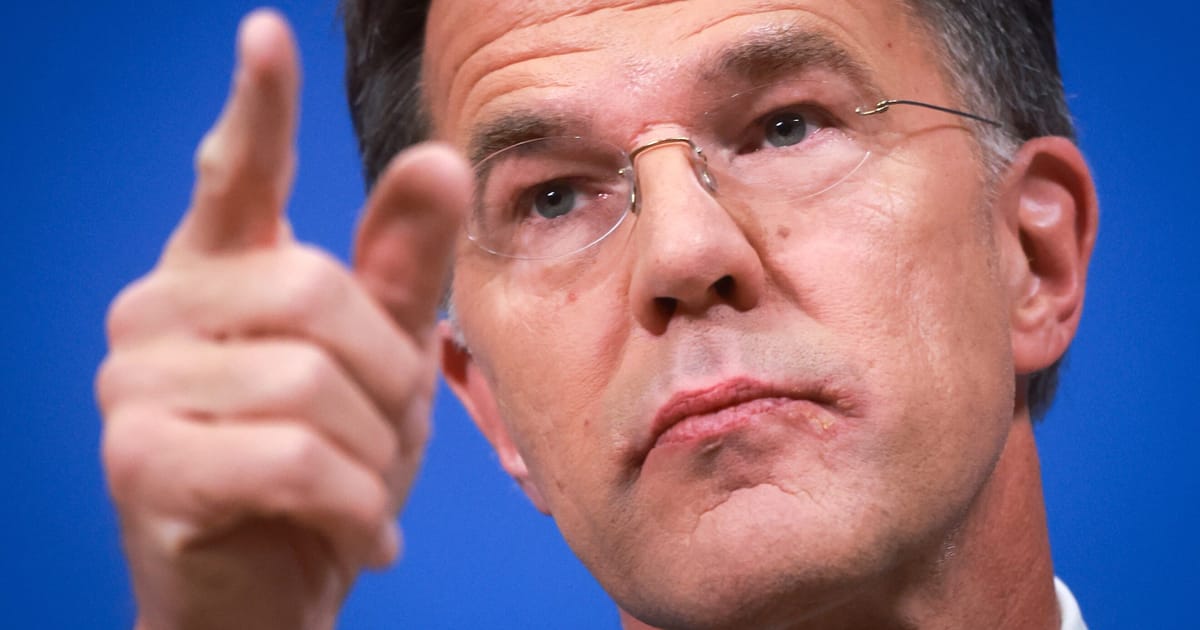Rutte said the alliance was actively working to fix that problem. “One of the reasons why we launched Eastern Sentry,” he said, is “it is not sustainable to take down … a let’s say, $1,000 or $2,000-costing drone, [with] a half a million or a million [dollar]-costing missile.”
Meanwhile, the incidents have prompted some NATO allies to issue unilateral warnings to Russia and search for new ways to shore up their defenses. Poland and Sweden this week said they would shoot down any Russian aircraft entering their territory, while Estonia has said it is ready to host British nuclear-capable fighter jets.
Russia insisted it is doing nothing wrong.
“Allegations that our aircraft have allegedly violated airspace have never been substantiated by reliable data or convincing evidence,” said Kremlin spokesperson Dmitry Peskov, according to the government-controlled TASS news agency.
However, Rutte signaled the incidents would not lead to NATO overhauling its rules of military engagement with Russia.
“The decisions on whether to engage in shooting aircraft … are always based on available intelligence regarding the threat posed by the aircraft,” he said, arguing “no immediate threat” was detected in Estonia.
“But if necessary, you can be assured we will do what is necessary to defend our cities, our people, our infrastructure” he added.

